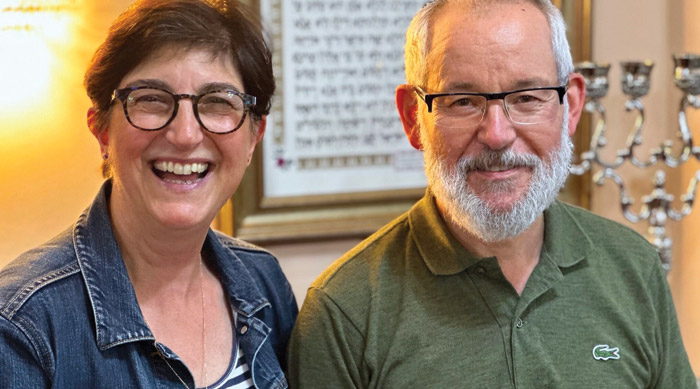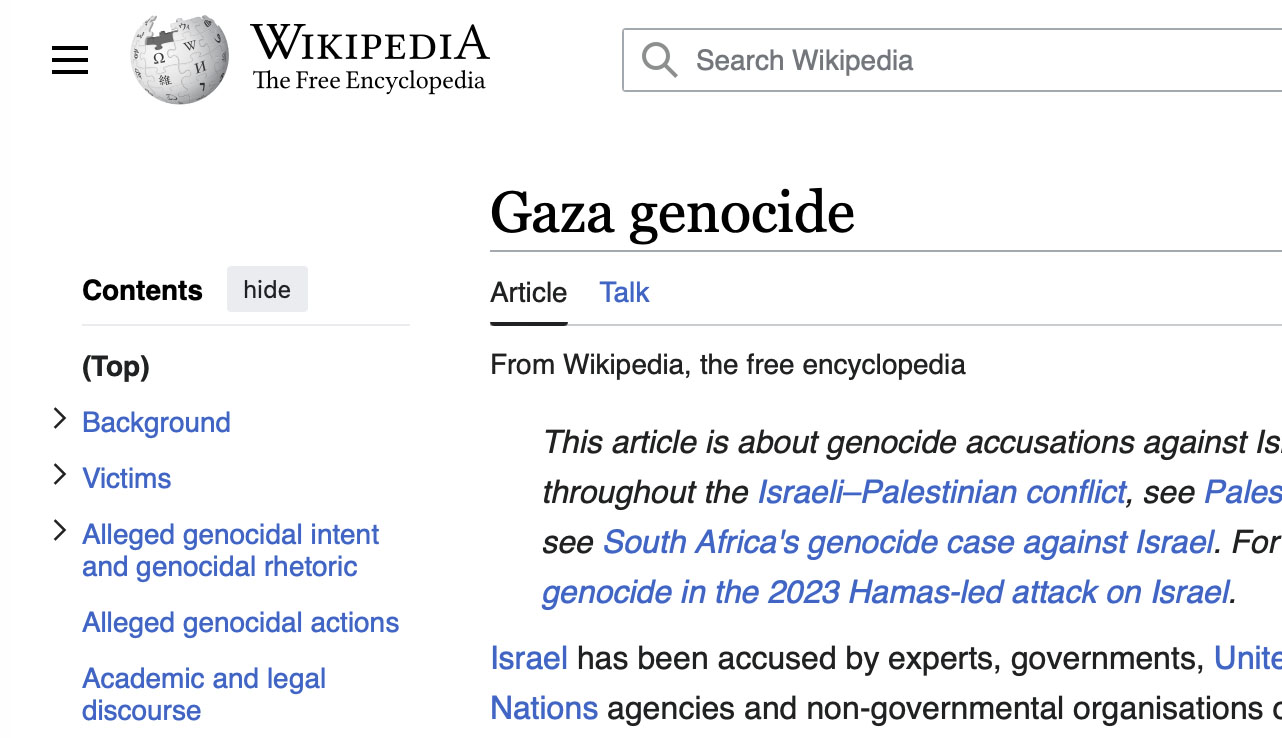 Photo by Klaus Vedfelt/Getty Images
Photo by Klaus Vedfelt/Getty Images Thirty-five academics sent a letter to the California State Board of Education and State Superintendent Tony Thurmond on January 21 questioning the alleged benefits of the proposed Ethnic Studies Model Curriculum (ESMC).
The letter, which is posted on the AMCHA Initiative’s website, specifically challenges the section of the ESMC titled “The Benefits of Ethnic Studies,” which claims that ethnic studies, if taught properly, results in “positive academic and social outcomes for students.” For better academic outcomes, it pointed to higher GPAs, test scores and attendance; for better social outcomes, it pointed to stronger “social and cultural awareness.” But the 35 academics concluded that there was insufficient evidence to substantiate these claims.
For instance, the ESMC cites a 2011 article from Christina Sleeter of the National Education Association that went over several studies on the matter over the last couple of decades. But according to the academics, the cited studies all suffer from various shortcomings, such as small sample sizes and being “non-experimental” in nature. One study cited didn’t feature any data to back its claims and another was based on a questionnaire to those who participated in an ethnic studies class 10 years prior.
“Not a single study in Sleeter’s review article can be used to support her claim — which is also a central claim of the ESMC — that ‘well-designed and well-taught ethnic studies curricula have positive academic and social outcomes for studies,’” the academics wrote.
Additionally, the academics pointed out that some of the cited studies in Sleeter’s article found that diversity classes actually negatively impacted both white students and students of colors due to “a reduced sense of well-being.”
Some of the cited studies in Sleeter’s article found that diversity classes actually negatively impacted both white students and students of colors due to “a reduced sense of well-being.”
The ESMC also cited a 1998 report from the Brookings Institute, a self-described nonpartisan think tank, stating that ethnic studies classes result in “a reduced stereotype threat.” But the academics found that the report doesn’t actually come to that conclusion.
“One of their most robust results suggests just the opposite: when Black students were asked to report their racial identity before taking a difficult verbal test, it significantly depressed their performance on the test compared with Black students who were not asked to report their racial identity,” the academics argued. “If anything, these results suggest that ethnic studies courses that foreground race and racial identity may actually exacerbate the stereotype threat and its negative impact on the academic achievement of black students, rather than reduce it.”
The ESMC also cites a report claiming to show higher high school graduation and college enrollment rates among those who took ethnic studies classes; however, the author of one of the reports admitted that the sample size was too small to draw “definitive conclusions.” Another report that the ESMC claims to show higher grade averages and attendance actually shows little difference among students that did take ethnic studies classes versus those that didn’t.
“In addition to noting that half of the specific claims made about research showing the benefits of ethnic studies did not cite any research at all, we found several mis-attributed claims — 10 claims attributed to one paper that were not at all addressed by the research reported in the paper or that were addressed by research reported in another paper cited in the curriculum,” the academics wrote. “Our goal in this letter has been to point out that there is insufficient empirical evidence to support either the overarching or the specific claims about the benefits of ethnic studies courses that are made in the current draft of the model curriculum.
“However, given that the model curriculum was presumably drafted by expert educators in the field of ethnic studies, the embarrassing carelessness with which this section was written — inaccurate and mistaken attribution to empirical research, or no attribution at all — offers a very poor impression of the academic rigor of this ethnic studies model curriculum, and of the field of ethnic studies more generally.”
AMCHA Initiative Director Tammi Rossman-Benjamin said in a statement, “Based on years of experience fighting bigotry, we fear that instead of its intended goal of educating and uniting, this curriculum – which has adopted a highly politicized Critical Ethnic Studies framework – will have the opposite effect of pitting students against each other and will lead to increased divisiveness and polarization. With the discovery that ESMC’s foundational claims are baseless, we call on California legislators to carefully consider what it means to pour tens of millions of taxpayer dollars into mandating courses that have not been proven to benefit students either academically or socially, and instead, may very well harm them.”
The proposed ESMC is currently under scrutiny. On January 27, Tablet Magazine published a report titled “California Is Cleansing Jews From History,” stating that the ESMC refers to capitalism as “oppression” while anti-Semitism is not. The report also states that the ESMC teaches “that Mizrahi Jews coming to the United States from Arab lands were mistreated by ‘white’ Ashkenazim. The other suggests that Jews of European descent have white privilege.” Additionally, a former speechwriter for Martin Luther King, Jr. argued in an October 2020 letter to California Governor Gavin Newsom, a Democrat, that the ESMC omits how the Black Freedom Movement was crucial in ending segregation.
For differing views on the ESMC, see recent op-eds at the Journal here and here.
The SBE will be vote on the proposed ESMC on March 17, according to Tablet.






















 More news and opinions than at a Shabbat dinner, right in your inbox.
More news and opinions than at a Shabbat dinner, right in your inbox.